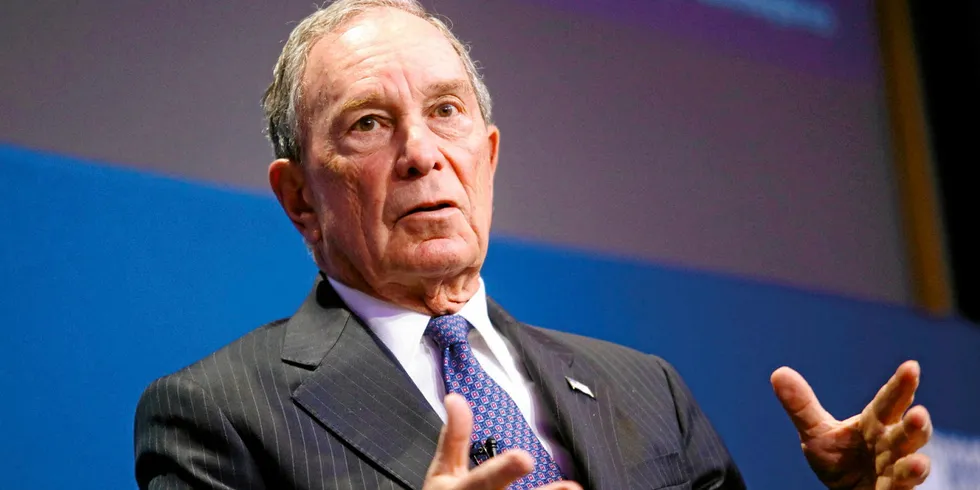'Imprecise language and caveats': Bloomberg report finds G20 backpedalling on climate action
Climate policy 'factbook' from BloombergNEF and Bloomberg Philanthropies finds major economies group provided $693bn in subsidies to oil, gas and coal in 2021, up 16% on the year before
